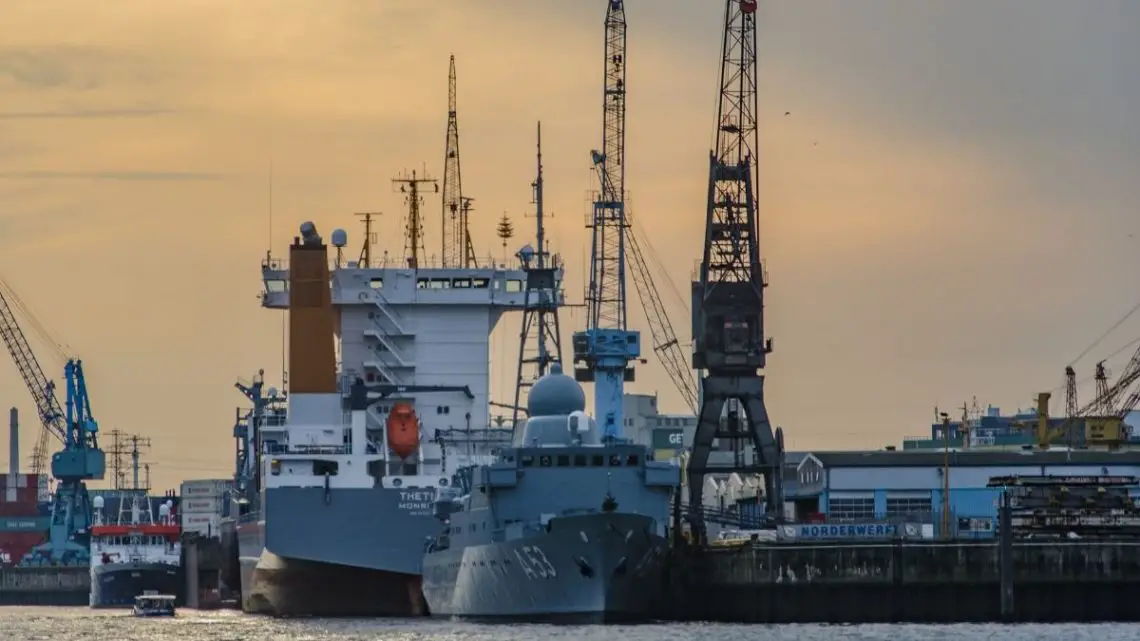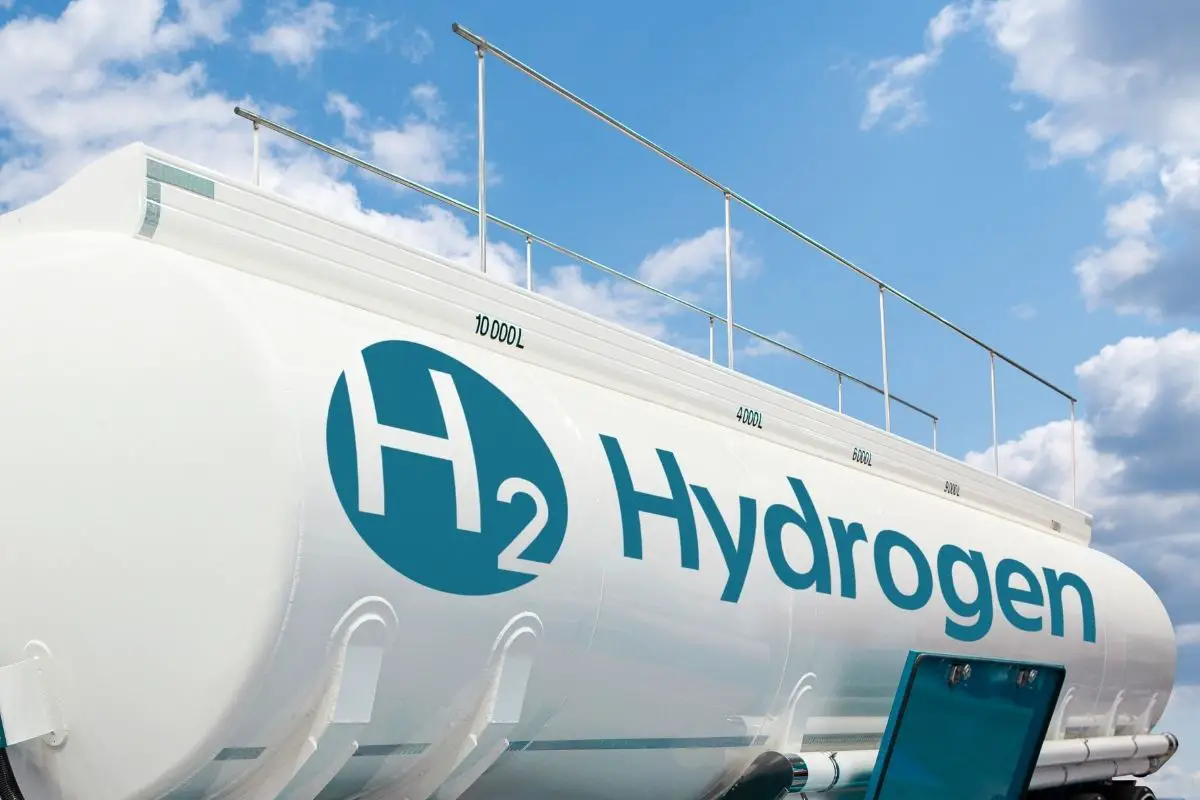
Maritime liquid hydrogen fuel propulsion system development is KRISO’s next big thing
September 8, 2021Several big players in South Korean shipbuilding are collaborating for H2-powered tech development.
The Korean Research Institute of Ships and Ocean Engineering (KRISO) has joined a collaboration to develop a liquid hydrogen fuel propulsion system to be used by the maritime industry.
This collaboration is bringing together a number of important players in the maritime industry.
The liquid hydrogen fuel development collaboration includes KRISO as well as POSCO, Korea Shipbuilding and Offshore Engineering, and Hyrium Industry. They have signed a joint development agreement, which was announced earlier this week. As a part of this agreement, the organizations will be examining and developing liquid H2 tanks to be used by maritime ships. Moreover, they will also be investigating supply technology for that zero-emission fuel.
Beyond those two areas of development, the agreement will also be aimed at further developing steel technology. This will be conducted for the purpose of improvements to areas of liquid H2 storage and transportation. The collaboration will seek to improve steel materials for H2 container manufacturing and for both the production and the transportation of the fuel.
KRISO will bring more than 40 years of knowledge and experience to the liquid hydrogen fuel development.
KRISO’s role in the collaboration will be to bring its structural analysis technology, computational fluid dynamics, and more than four decades of knowledge and experience in the industry.
As the collaboration moves its results forward, in intends to progress toward the development of fuel supply tech that will make it possible for the liquid H2 within the maritime fuel tank to be supplied to fuel cells that can then be applied as ship propulsion fuel.
“We will do our best for joint research and development with the contracting organisations so that ships using liquid hydrogen can be commercialised,” said KRISO Director Kim Bu-gi.
Liquid hydrogen fuel has been playing an increasingly important role in maritime transportation’s strategies for decarbonizing. This zero-emission fuel has been a focus in this industry as it meets many of the needs that battery electric simply cannot when it comes to the necessary power and range of maritime transport ship propulsion, among other factors.



 HFN News is your leading source for fresh hydrogen and renewable energy updates. Amid the fast-paced growth of hydrogen companies, we provide top-notch news and insights about this exciting sector. Our coverage spans from hydrogen cars to global sustainable initiatives, and we highlight the latest in green jobs and developing hydrogen hubs. We invite you to share your local hydrogen news and explore today’s renewable energy job listings on our site. Thanks for choosing HFN News as your trusted guide to the hydrogen and renewable energy world!
HFN News is your leading source for fresh hydrogen and renewable energy updates. Amid the fast-paced growth of hydrogen companies, we provide top-notch news and insights about this exciting sector. Our coverage spans from hydrogen cars to global sustainable initiatives, and we highlight the latest in green jobs and developing hydrogen hubs. We invite you to share your local hydrogen news and explore today’s renewable energy job listings on our site. Thanks for choosing HFN News as your trusted guide to the hydrogen and renewable energy world!
Watching the growth of hydrogen technology is akin to watching a sleeping giant slowly coming awake.
The application of hydrogen fuel as a propellant in the maritime sector is probably where some of the most significant gains will be made where two problems will be tackled simultaneously. Of the two, we are part way there with 9% Ni steel delivering safe containment down to -180*c. The next -100*c being the challenge plus maintaining long term stability for extended cruising times which also has relevance in on shore applications.
Hydrogen from NH3 is also another welcome runner in the race. So much to watch from the sidelines.
Good to note that this liquid hydrogen will be used to power fuel cells that presumably will drive an electric propulsion system, as using it to power an internal combustion engine would produce harmful oxides of nitrogen NOx. However storing liquid hydrogen is expensive as it requires energy to keep it liquid below – 256 Celsius, so why not use liquid ammonia which is a hydrogen transporter with an energy content greater than liquid hydrogen, and easy to keep liquid at room temperature with a pressure of 10 bar? The ammonia can be easily split into hydrogen and nitrogen with a suitable catalyst before entering the fuel cell.
Look at maxwindpower.com for a concept to generate the power needed for electrolysis with the lowest possible lifetime CO2 emissions rate per unit power generated.